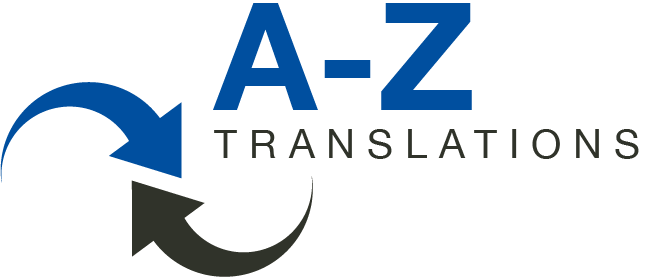- Is the document finalized? Will there be any future edits? Making changes to the original language after translation has begun is likely to incur additional fees, even for small changes. If you’re having the text laid out in a formatted document, you’re likely to incur additional charges for re-formatting the document as well. Sending a translation before it’s been edited won’t save you much time, and it will definitely cost you money. That being said, a quality translation agency will often try to provide these changes for free when possible, but if the translators are going to charge the agency, the agency will probably end up charging you.
- Who is the target audience? Who is the document being written for? How will it be used? It is advisable to do your best to make the level of the original content match up with your intended audience, instead of relying on a translator to do it for you. The agency or translator can always benefit from knowing if the content is intended for dock workers, a board of directors, or somewhere in the middle. If you produce an English document that is legal-terminology heavy, and ask a translator to make it readable for 8th graders… you’re basically asking them to do two completely different tasks, and you may not approve of their efforts to simplify the English. If the document is of utmost importance for court proceedings, tax filings, or other documents of record, rushing translations and skipping the proofreading to contain costs is not recommended.
- Do you plan to have the translation checked by internal reviewers? If so, do you have internal reviewers already set up to check the translations? Who are they? What are their qualifications? Are they linguists, subject matter experts, etc.? If you don’t already have reviewers set up, know that this can be time consuming and may delay the completion of the project. If you’re trying to set them up in a rush, you may be less likely to identify the best possible reviewers. Picking internal reviewers on the basis of: having time, being accessible, or willingness are not likely to produce valuable reviews. Pick reviewers who have good language skills, have worked at the company for some time, and who are experts in the subject matter. Don’t have a junior HR representative review engineering translations, for example.
- What is your timeline? Is your timeline realistic? As is the case with all project management, the “Triple Constraint” applies. You can have a project completed at a high level of quality, at a high rate of speed, and at a low cost… but adjusting one of these will surely impact one or both of the remaining factors. Rushing translation will almost always incur extra fees, for example. Also make sure to roll in time to your project timeline for internal reviews. Most reviewers have other responsibilities, and often need more time to look over the finished project than the translation itself took. Make sure this is part of your project plan, and make sure you alert project stakeholders to this vital part of the process, and why it may take longer than they expect.
- What will the end product be? An online .PDF? A poster? A handbook? A letter from the CEO to the whole company? Any additional information you give to your agency is helpful. If you’re translating from English into German, and the end product is a poster, it’s best to let your agency/translator know, as the German language tends to “grow” the original English verbiage by 20-25%; if they’re aware, the translator can work to find shorter translations to make sure that all your content will fit on one page. On the other hand, a one page original document that turns into two pages may not be a big deal if it’s an online .PDF. The more information you provide, the better quality and fit you are likely to receive. Don’t assume any piece of information you have about the final product is irrelevant or trivial.
(c) Sean Oliver on Navigating Cultures
